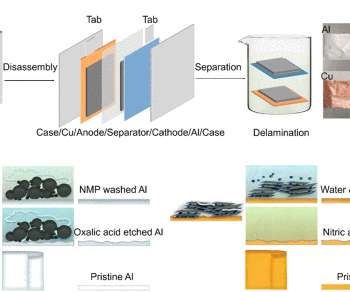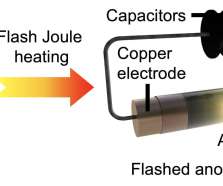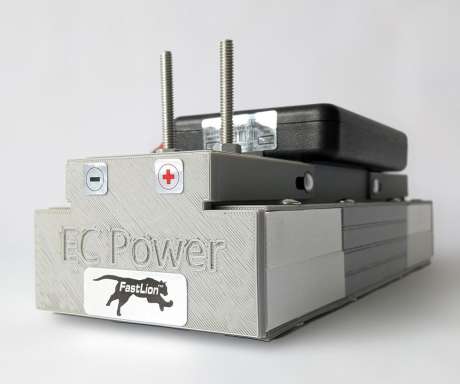UVA researchers devise method for converting retired Li-ion anodes to graphene and GO
Green Car Congress
DECEMBER 29, 2018
Researchers at the University of Virginia (UVA) have devised a process for converting retired Li-ion battery anodes to graphene and graphene oxide (GO). So far, only 1% of end-of-life Li-ion batteries have been recycled. Here, graphite powders from end-of-life Li-ion battery anodes were used to fabricate graphene.





































Let's personalize your content